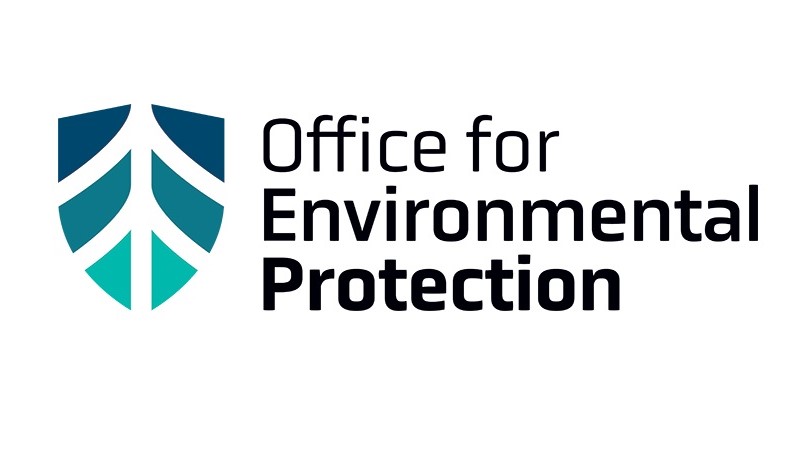Ministers and government departments have a new legal obligation to consider the impact their policies will have on the environment. The OEP will now scrutinise and monitor the implementation of this obligation across Government.
The Environmental Principles Policy Statement (EPPS), which was laid before Parliament by Defra in January 2023, sets out how policymakers should apply five environmental principles to support environmental protection and enhancement.
The duty to “have due regard” to the Environmental Principles Policy Statement (EPPS) has now come into effect meaning government ministers and officials now have a legal duty to be guided by the statement when making policy.

Welcoming the implementation of the EPPS, the OEP’s Chair Dame Glenys Stacey, said: “The EPPS aims to put the environment truly and properly at the heart of all relevant policymaking in Government. That intention can only be welcomed and the OEP has been a strong supporter of the EPPS coming into effect so that consideration of environmental protection and improvement have their rightful place at the centre of policy decisions.
“If embedded effectively across government departments the EPPS can be a powerful tool in helping to deliver the Government’s stated ambition of leaving the environment in a better state for future generations. It should, when applied properly, become an important element of environmental governance in England.”
The EPPS is one of the four main cornerstones of environmental governance in the Environment Act 2021, alongside the Act’s provisions on environmental targets, the Environment Improvement Plan and the OEP.
It will apply to policy decisions, including ones which were already under development but not yet finalised.
The OEP will now scrutinise and monitor the implementation of the EPPS across Government and intends to report to Parliament after the summer of 2024.
Dame Glenys added: “Our work doesn’t stop at the EPPS coming into effect. Today marks the beginning of our careful scrutiny and monitoring of the EPPS’s implementation.
“This monitoring is aimed at providing us with valuable insights into how successfully the EPPS is embedded across Government, assessing its consistency and compliance with the law, and evaluating its impact on environmental protection and improvement within policymaking.
“Through our scrutiny and reporting, we will seek to highlight any issues that would benefit from rectification at an early stage, to increase the likelihood of the EPPS making a positive impact to protecting and improving the environment as quickly and effectively as possible.”



